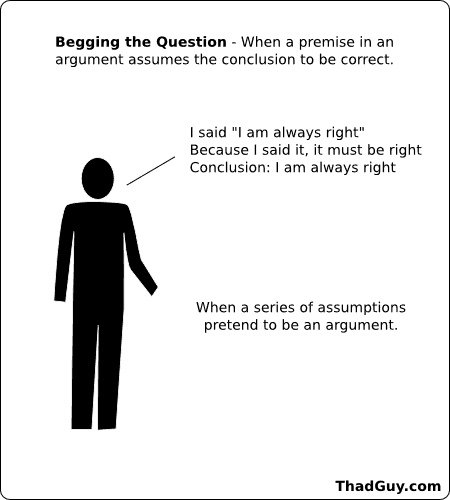
“Your attempts to effect a change in my demeanor will have no effect! You cannot affect my affect.”
There may be no greater quandary in the recent history of both the English written and spoken word, than that of affect or effect. The thing is, this is actually quite a humdinger, so I am going to have to split this into two levels, depending on the level of hoity-toitiness you want to display when speaking.
Basic Level:
If the level of speech employed by any of the Real Housewives is all to which you aspire, this is the section for you.
Affect is a verb meaning “to influence,” e.g. “When you threw champagne in my face at the country club, it did not affect me at all.”
Effect is a noun meaning “a result,” e.g. “When you threw champagne in Tiffani’s face at the country club, it had a profound effect on her.”
Advanced Level:
Please do not read beyond this point unless you speak English higher than a Downton Abbey level.
Affect can be a noun, describing mood or expression, e.g. “Her affect changed when she went from smiling to crying.” If you want to get really advanced, you could say “She didn’t even react when you threw champagne in her face, so clearly you did not affect her flat affect.”
Effect can be a verb, meaning “to bring about” or “to cause.” The most common usage seems to be in the context of “to effect a change.” “Throwing champagne in her face really effected a change in her behavior. She’s much nicer now.” More advanced: “Your champagne-throwing stunt effected a change in her affect.”
Now go forth and effect changes in the affects of those around you!
Sources: 1, 2
Photo credit: “Cross” by bjearwicke on stock.xchng.






!["EgyptianA-01" by Unicode script proposal for Basic Egyptian Hieroglyphs, http://www.dkuug.dk/JTC1/SC2/WG2/docs/n1944 en.wiki: en:User:Nohat . Vectorization: Chabacano [Public domain], via Wikimedia Commons 500px-EgyptianA-01.svg](http://crypticphilosopher.com/wp-content/uploads/2012/09/500px-EgyptianA-01.svg_-300x300.png) A discussion on Facebook not too long ago addressed how to use indefinite articles with abbreviations. Specifically, the question involved the abbreviation “FB” in place of “Facebook.” Should one write “a FB friend” or “an FB friend”?
A discussion on Facebook not too long ago addressed how to use indefinite articles with abbreviations. Specifically, the question involved the abbreviation “FB” in place of “Facebook.” Should one write “a FB friend” or “an FB friend”?

 This is my first post done by request. Clearly my power is growing…
This is my first post done by request. Clearly my power is growing… Believe it or not, these two words are
Believe it or not, these two words are !['Capitol in Austin Texas at Night' by Eric Hunt (Own work) [GFDL (http://www.gnu.org/copyleft/fdl.html), CC-BY-SA-3.0 (http://creativecommons.org/licenses/by-sa/3.0/) or CC-BY-2.5 (http://creativecommons.org/licenses/by/2.5)], via Wikimedia Commons 328px-Capitol_in_Austin_Texas_at_Night](http://crypticphilosopher.com/wp-content/uploads/2012/08/328px-Capitol_in_Austin_Texas_at_Night.jpg)